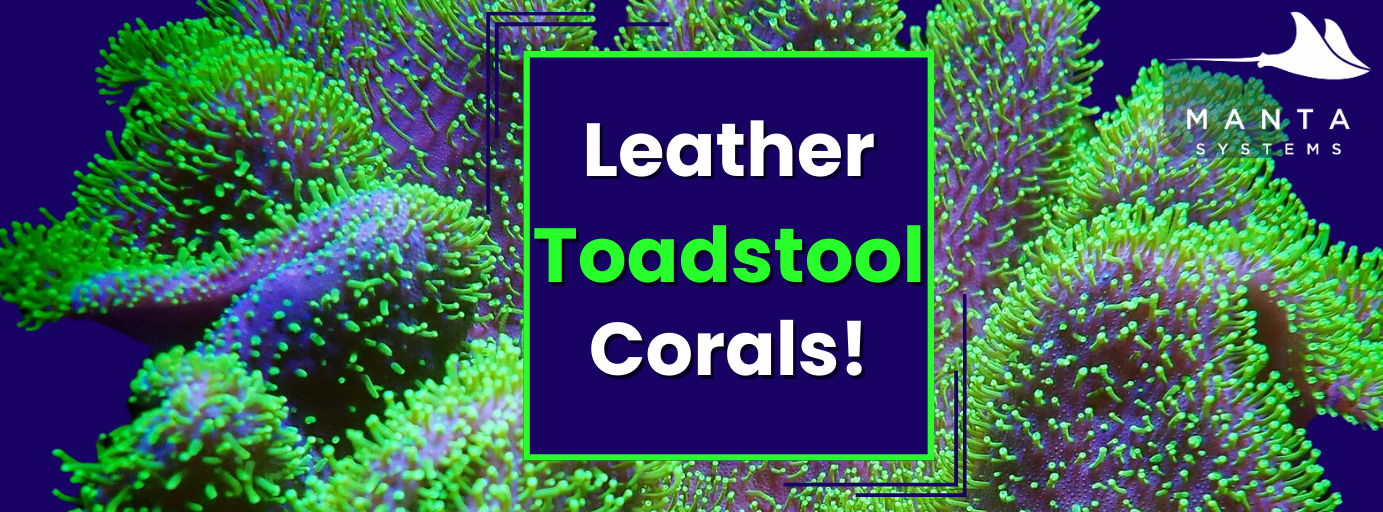Dive into our comprehensive guide on the importance of calcium for corals. Discover how calcium supports skeletal formation, growth, and overall resilience in your saltwater aquarium. Learn the signs of calcium deficiency and practical tips for maintaining optimal levels to ensure your reef thrives.
Dive into our detailed guide on alkalinity and its importance for coral health. Learn how alkalinity supports coral growth, stabilizes pH, and balances water chemistry. Discover practical tips for measuring and maintaining optimal alkalinity levels in your reef tank.
Nitrates are incredibly important to manage in your home aquarium. Learn the information need to control nitrate levels in your saltwater aquarium to prevent algae overgrowth and support coral health. Learn how to test, manage, and maintain optimal nitrate levels for a thriving reef tank.
Explore our in-depth guide to controlling algae in your saltwater aquarium. Learn about prevention strategies, water testing, nutrient management, and the best clean-up crew for a healthy, algae-free tank.
𝐔𝐧𝐝𝐞𝐫𝐬𝐭𝐚𝐧𝐝𝐢𝐧𝐠 𝐭𝐡𝐞 𝐈𝐦𝐩𝐨𝐫𝐭𝐚𝐧𝐜𝐞 𝐨𝐟 𝐌𝐚𝐠𝐧𝐞𝐬𝐢𝐮𝐦
Discover why magnesium is crucial for coral health and growth. This in-depth guide covers how magnesium supports calcium and alkalinity balance, enzyme activation, and skeletal formation. Learn to identify signs of magnesium deficiency and practical tips for maintaining optimal levels in your reef tank.
Let's get into the importance of strontium in your saltwater aquarium, from supporting coral skeletal development to promoting coralline algae growth. Learn how to test and maintain optimal strontium levels for a thriving reef tank. Dive into our detailed guide and ensure your marine ecosystem flourishes!
Learn about the fascinating world of coral reproduction in our comprehensive guide. We cover the reproductive strategies of SPS, LPS, and soft corals, including polyp splitting and budding, and get expert tips on creating the perfect environment for your corals to thrive.
𝐓𝐡𝐞 𝐀𝐧𝐚𝐭𝐨𝐦𝐲 𝐨𝐟 𝐚 𝐂𝐨𝐫𝐚𝐥 𝐏𝐨𝐥𝐲𝐩: 𝐀 𝐃𝐞𝐭𝐚𝐢𝐥𝐞𝐝 𝐄𝐱𝐩𝐥𝐨𝐫𝐚𝐭𝐢𝐨𝐧
Dive deep into the structure and function of coral polyps in our detailed exploration. Understand the crucial roles these tiny organisms play in the health of coral reefs and learn how their complex anatomy supports diverse marine ecosystems.
Discover essential techniques for quarantining coral in our latest guide, "How to Properly Quarantine Coral: A Comprehensive Guide for Marine Enthusiasts." Learn about acclimation, water testing, and creating an optimal quarantine environment to ensure the health and safety of your reef tank.
Explore essential strategies for identifying and managing coral pests with our guide, "A Comprehensive Guide to Coral Pests and How to Protect Your Reef." Learn about the top 25 coral pests, effective treatments, and professional tips to keep your reef healthy and thriving.
Explore the critical role of zooxanthellae in coral health with our detailed guide. Learn how these symbiotic algae support coral vitality and growth, and discover practical care tips for optimizing your reef tank environment.
Unlock the secrets of coral fragging and propagation in your reef tank with our comprehensive guide. Learn techniques for soft, LPS, and SPS corals to enhance your aquarium's biodiversity and health.
Learn how to optimize water flow in saltwater aquariums with this comprehensive guide. Discover ideal flow patterns for SPS, LPS, soft corals, and anemones, along with placement tips, powerhead comparisons, and coral reactions to flow changes. Find the best powerheads to enhance coral health and growth.
𝐓𝐨𝐚𝐝𝐬𝐭𝐨𝐨𝐥 𝐋𝐞𝐚𝐭𝐡𝐞𝐫𝐬: 𝐓𝐡𝐞 𝐏𝐞𝐫𝐟𝐞𝐜𝐭 𝐁𝐞𝐠𝐢𝐧𝐧𝐞𝐫 𝐂𝐨𝐫𝐚𝐥!
Discover the ultimate guide to toadstool leather coral care. From placement to propagation, troubleshooting to myths, learn how to keep these resilient corals thriving in your reef tank.
𝐈𝐧𝐭𝐫𝐨 𝐭𝐨 𝐒𝐨𝐟𝐭 𝐂𝐨𝐫𝐚𝐥𝐬: 𝐈𝐝𝐞𝐧𝐭𝐢𝐟𝐢𝐜𝐚𝐭𝐢𝐨𝐧, 𝐂𝐚𝐫𝐞, 𝐚𝐧𝐝 𝐓𝐢𝐩𝐬
Learn everything you need to know about soft corals in saltwater aquariums with our comprehensive guide. Discover the different types of soft corals, understand their specific care requirements, such as water quality, lighting, flow, and feeding. Get expert tips on identifying healthy specimens and managing



.png)
.png)
.png)

.png)
.png)


.png)
.png)


